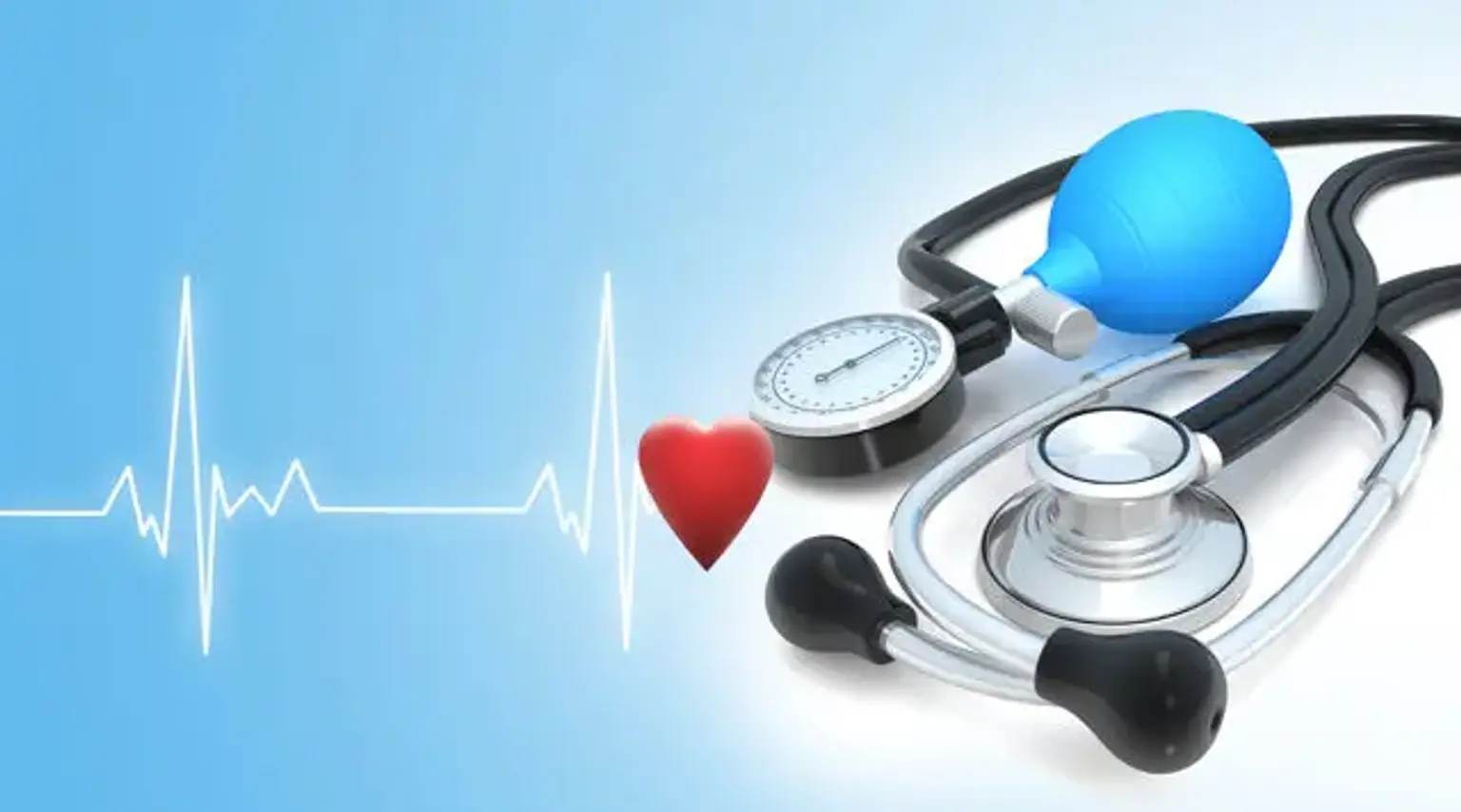Heart Disease
Heart disease comprises medical conditions affecting the heart, muscles, blood vessels, and valves. It can also affect the internal electrical passages that control muscular contraction.
Generally, heart disease is among the major causes of death across the world, according to CDC (Centers for Disease Control and Prevention). This is regardless of gender, race, or ethnic group.
While there are various types of deadly heart disease, most of them are relatively preventable. Early adoption of healthy lifestyle habits can enable you to live a more extended life with a healthy heart.
